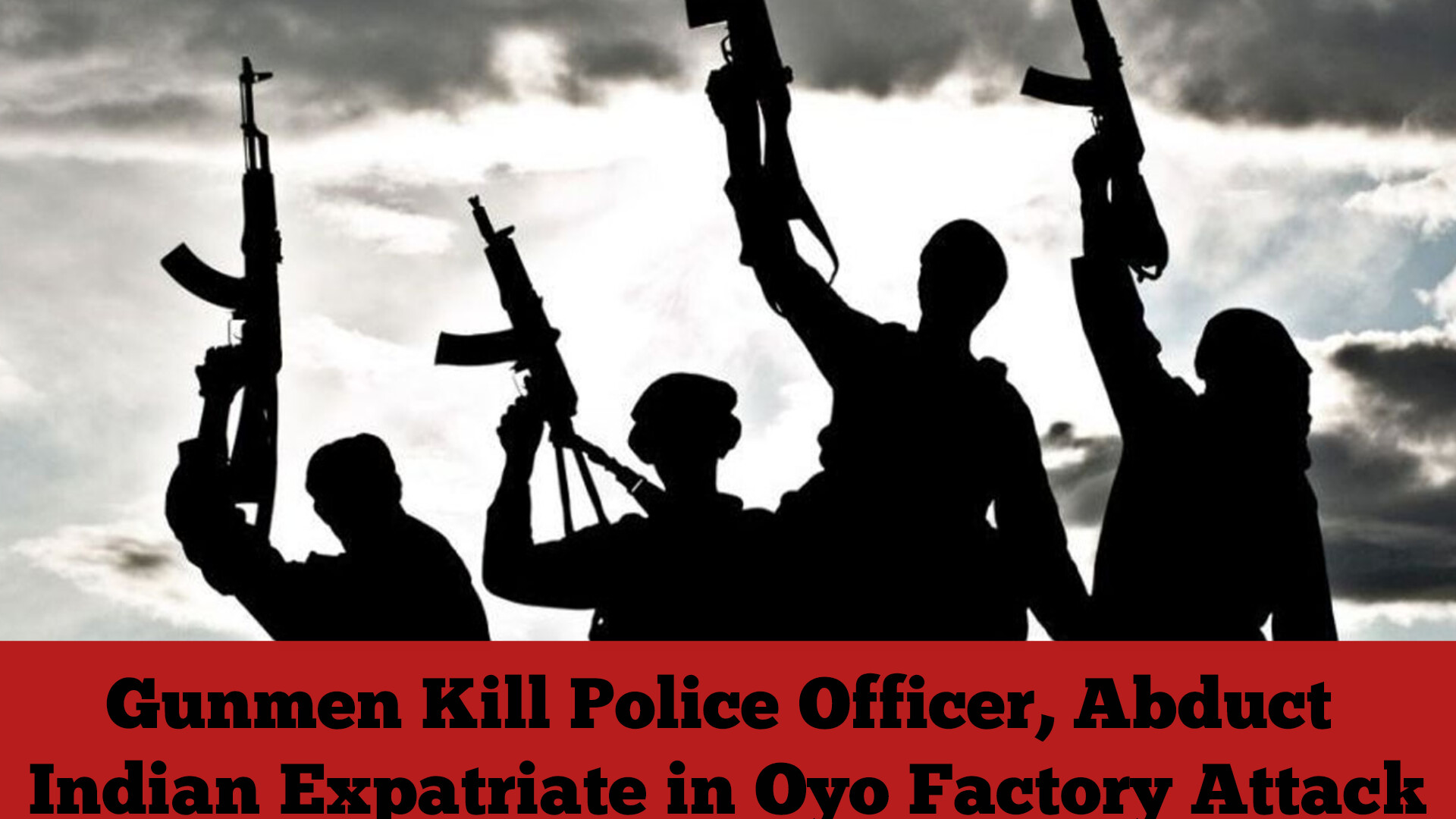In a major development in the ongoing trial of Nnamdi Kanu, leader of the Indigenous People of Biafra (IPOB), Justice James Omotosho of the Federal High Court in Abuja has admitted three video recordings into evidence, including footage allegedly showing Kanu inspecting a smuggled radio transmitter in Anambra State.
The court proceedings, which included a trial-within-trial to determine the voluntariness of statements made by the defendant, also featured testimonies from a Department of State Services (DSS) operative, identified as “Mr CCC.” He denied claims that Kanu was coerced into making confessional statements during his detention in 2015.
Kanu had alleged that he was threatened with solitary confinement and made the statements under duress, implicating a DSS officer named Mr Brown. However, the prosecution witness maintained that only operatives named James, Ibrahim, and Collins were present during the interviews and denied any form of threat or physical abuse.
The videos, played in open court, showed Kanu admitting to being the founder and director of Radio Biafra. One clip depicted him inspecting the “Tram 50L” transmitter allegedly used to broadcast secessionist messages from Ubuluisiuzor in Ihiala Local Government Area of Anambra State.
In the footage, Kanu also asserted that IPOB receives funding from global supporters in over 80 countries. He reiterated his secessionist stance and labeled Nigeria a “zoo” during an interview reportedly granted to US-based Sahara Reporters.
Justice Omotosho emphasized that under Nigerian law, any claim of involuntary confession requires a trial-within-trial to establish the truth. He said that if duress is proven, the statements would be rendered inadmissible under the Evidence Act.
Kanu, who testified in his own defense, claimed that he was slapped by a DSS operative upon his arrest in Lagos in 2015. According to him, the same officer later apologized during their transfer to Abuja.
The court has adjourned the case to Thursday, May 29, for continuation of the hearing and a ruling on the admissibility of the contested statements.




